Professional septic cleaning that prevents expensive emergencies and protects your North Sea property investment.
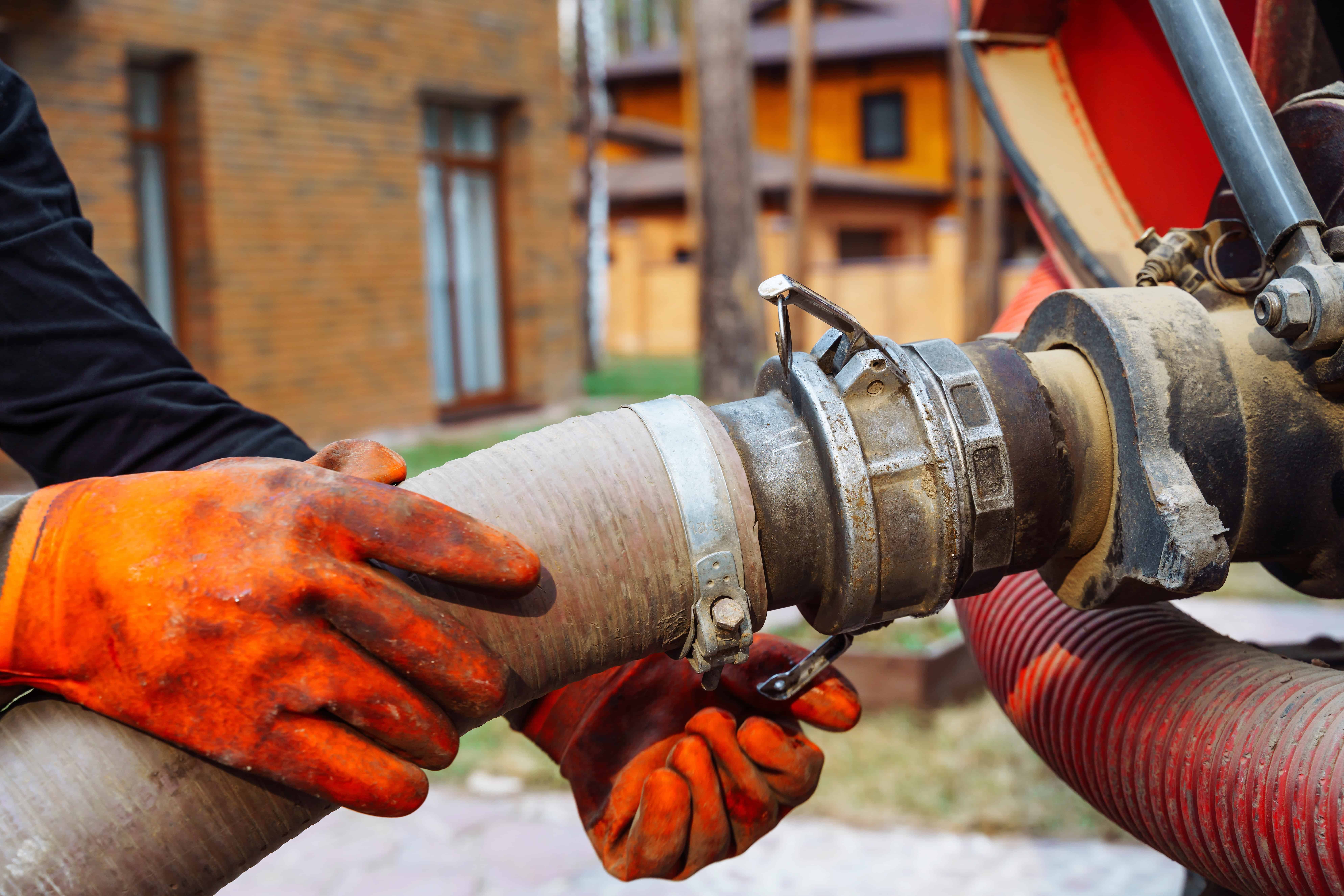
Hear from Our Customers
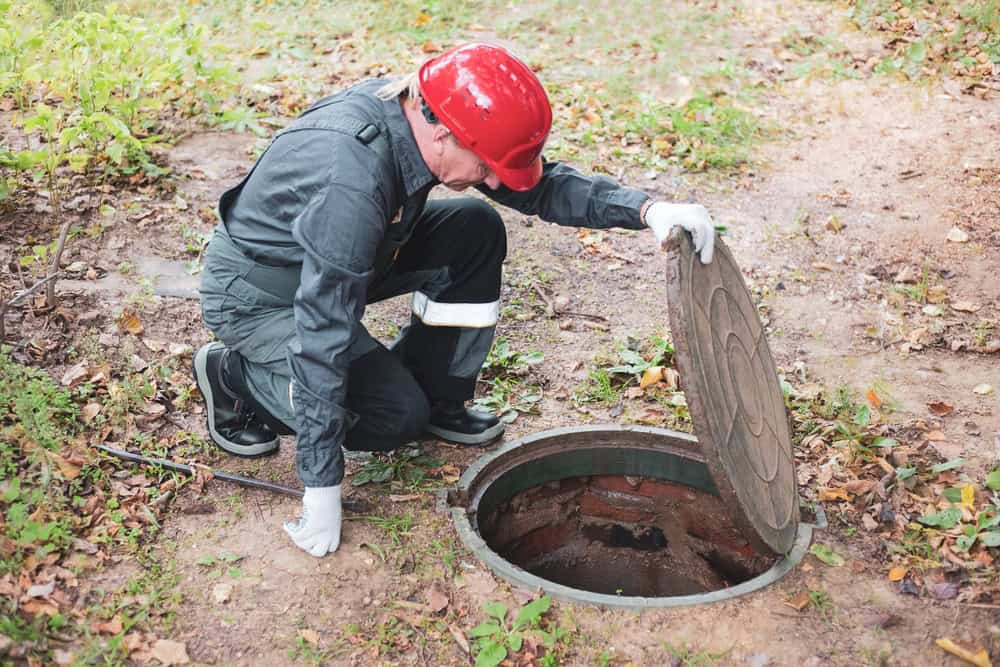
Regular septic tank cleaning isn’t just maintenance—it’s insurance against the kind of problems that ruin weekends and drain bank accounts. When your system runs efficiently, you don’t think about it. No mysterious odors drifting across your yard during summer barbecues. No slow drains or gurgling sounds that make you wonder what’s happening underground.
A properly maintained septic system protects your property value and keeps your family safe from health hazards. You avoid the panic of sewage backing up into your home or the embarrassment of septic issues affecting your neighbors. Most importantly, you extend your system’s lifespan by years, delaying the need for a costly replacement that can run $15,000 or more.
The peace of mind alone is worth it. You know your system is working as designed, processing waste safely and protecting the groundwater that North Sea depends on.
We’ve been handling septic systems across Long Island for years, and we understand what makes North Sea properties unique. The sandy soil, seasonal usage patterns, and local regulations all factor into how we approach your septic cleaning.
We’re not the cheapest option, and that’s intentional. You’re hiring us because your septic system is too important to trust to whoever quotes the lowest price. Our equipment is professional-grade, our disposal methods follow all environmental regulations, and we show up when we say we will.
When we leave your property, you’ll know exactly what we found, what we did, and when you should schedule your next cleaning. No surprises, no upselling, just honest service from people who live and work in this community.
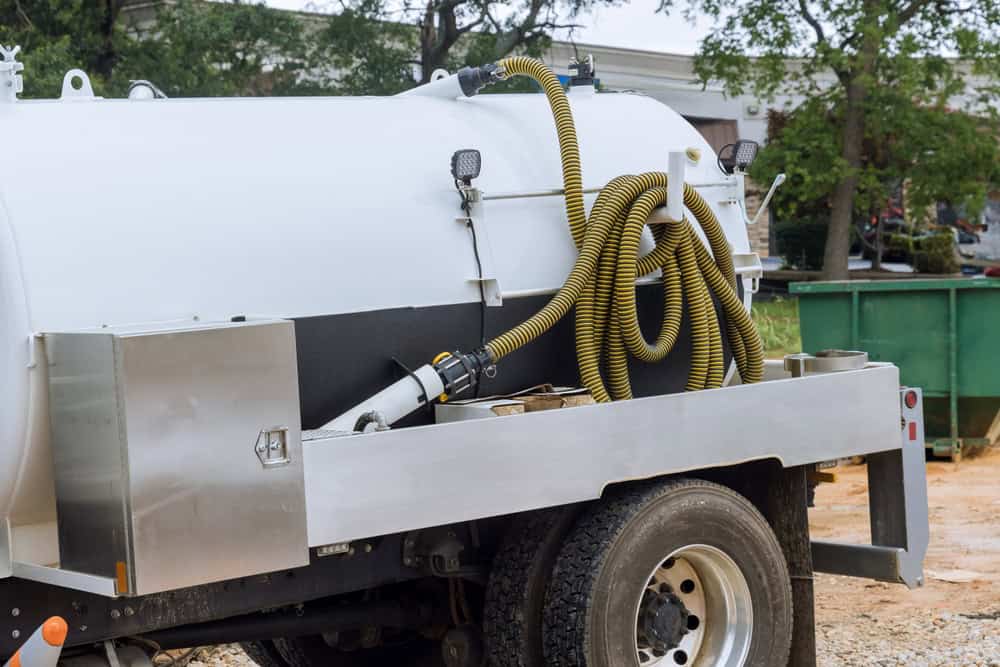
First, we locate and uncover your septic tank access ports. This might seem obvious, but you’d be surprised how many homeowners aren’t sure where their tank sits or how to access it safely. We handle this part so you don’t have to dig around your yard guessing.
Next comes the actual pumping and cleaning. Our truck-mounted equipment removes all the accumulated solids and liquids from your tank. We’re not just skimming the surface—we’re removing the sludge layer that builds up at the bottom and can cause serious problems if left alone. The entire process typically takes 30-45 minutes, depending on your tank size and how long it’s been since your last cleaning.
While we work, we inspect your tank for any signs of damage, check the inlet and outlet baffles, and make sure everything looks healthy. Before we leave, we’ll walk you through what we found and give you a realistic timeline for your next cleaning. Most residential systems need attention every 3-5 years, but we base our recommendations on your actual usage and tank condition.
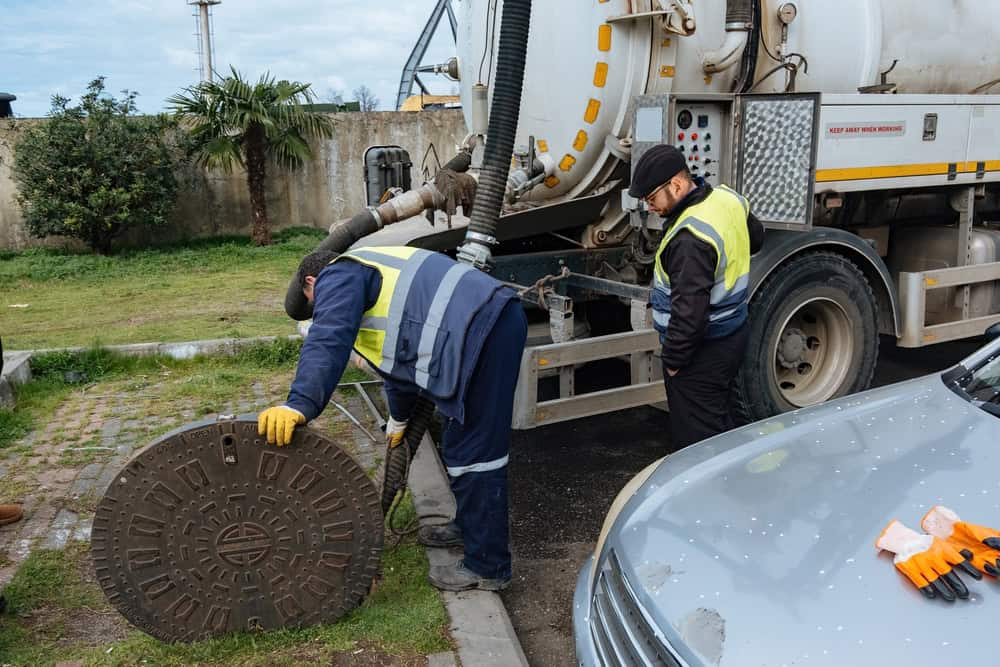
Ready to get started?
Every septic tank cleaning includes complete pumping of solids and liquids, professional equipment that removes stubborn buildup, and proper disposal at licensed facilities. We don’t cut corners on the disposal part—your waste gets handled according to all state and local environmental regulations.
You also get a basic inspection of your tank’s condition. We’re looking for cracks, damaged baffles, or other issues that could cause problems down the road. If we spot something concerning, we’ll explain it in plain English and help you understand your options. No scare tactics, just honest assessment from people who see septic systems every day.
We clean up after ourselves and restore your yard to the condition we found it. The access ports get properly covered, and we don’t leave behind any evidence that we were there except for a properly functioning septic system. For North Sea homeowners, this attention to detail matters—your property looks exactly as it should.
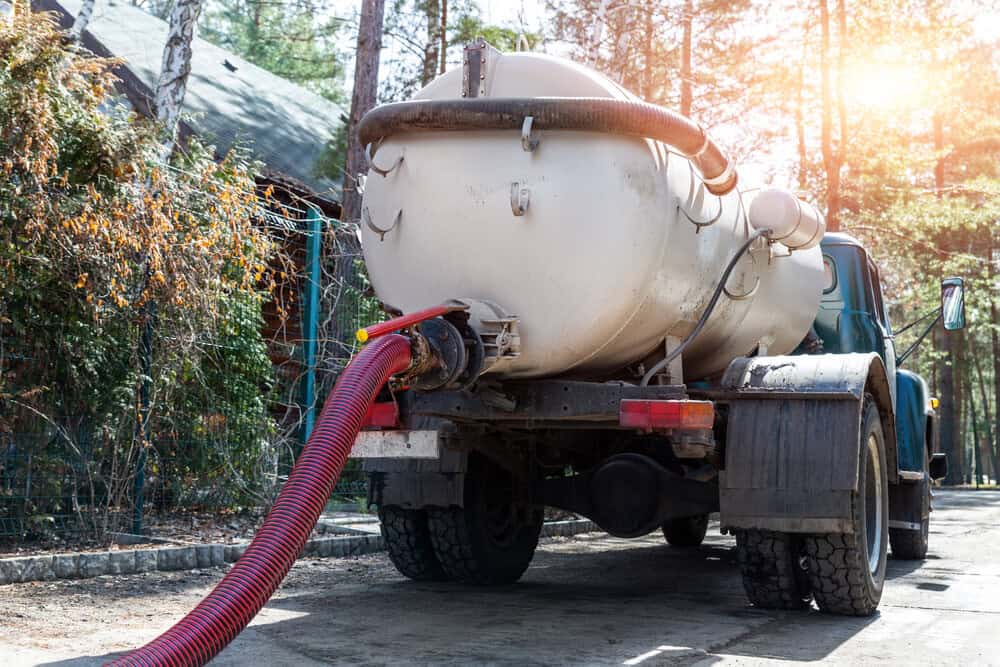
Don’t let cesspool issues disrupt your day. Reach out now for a free estimate and expert service.
©2025 Quality Cesspool All Rights Reserved. SEO Company NYC – Web Design & SEO by Hozio